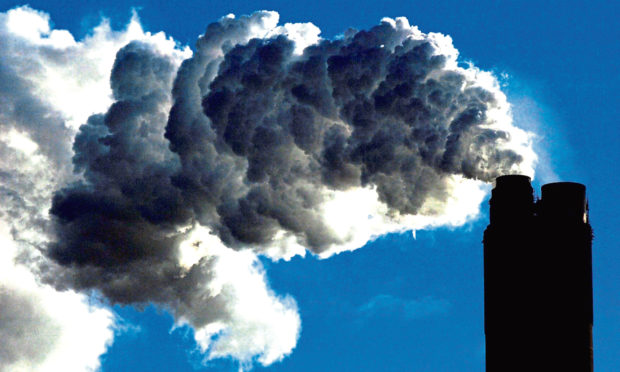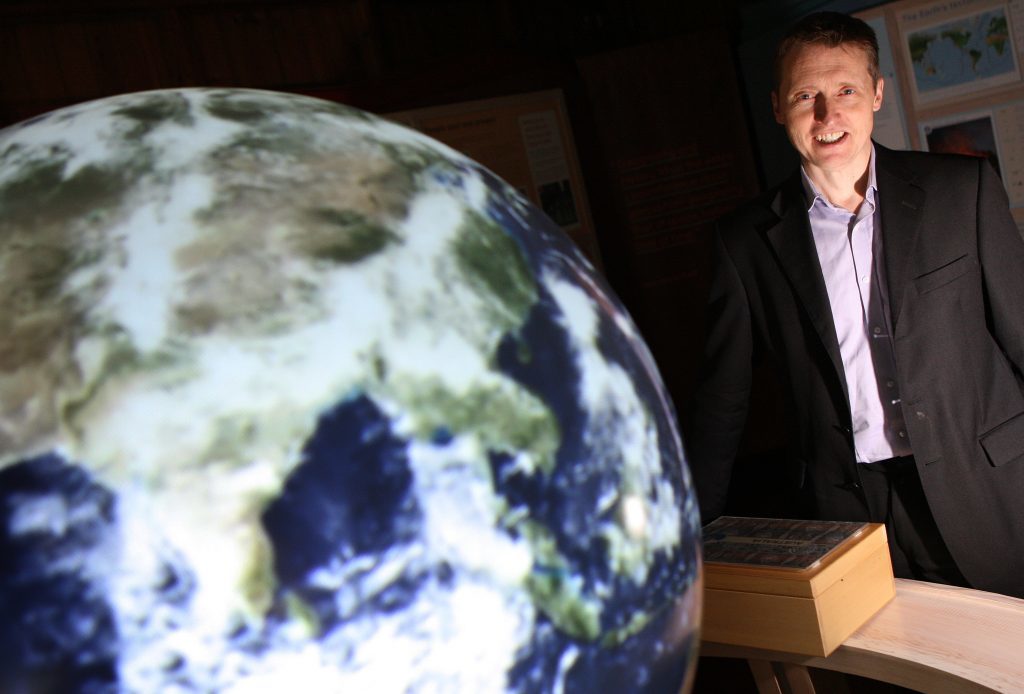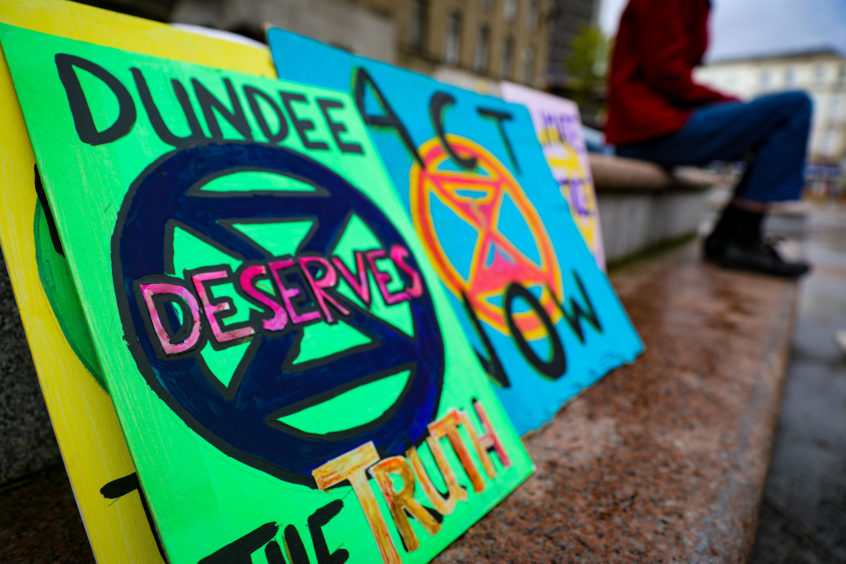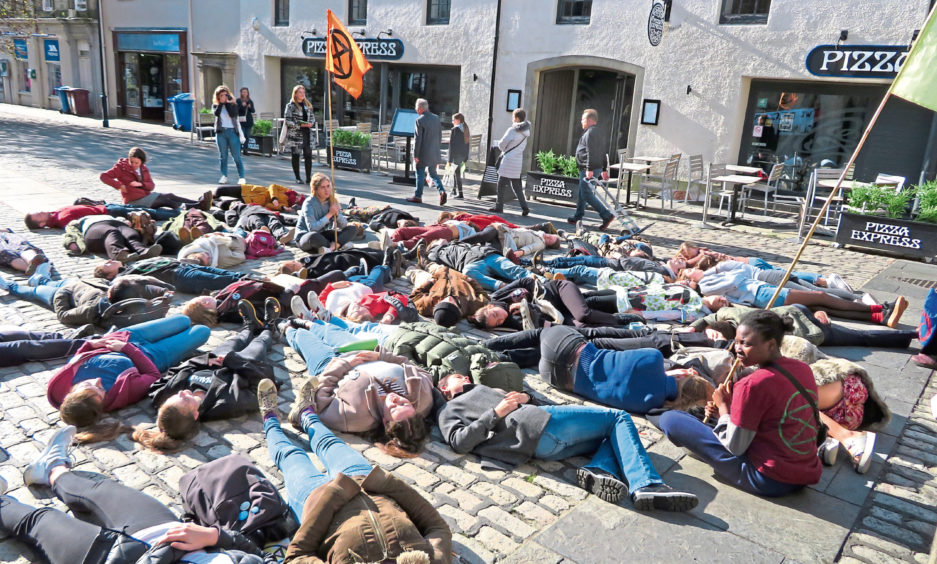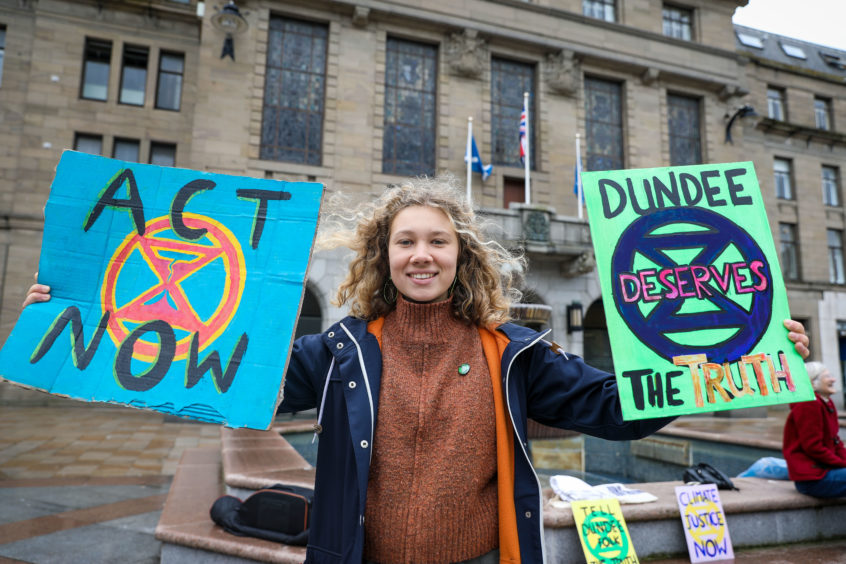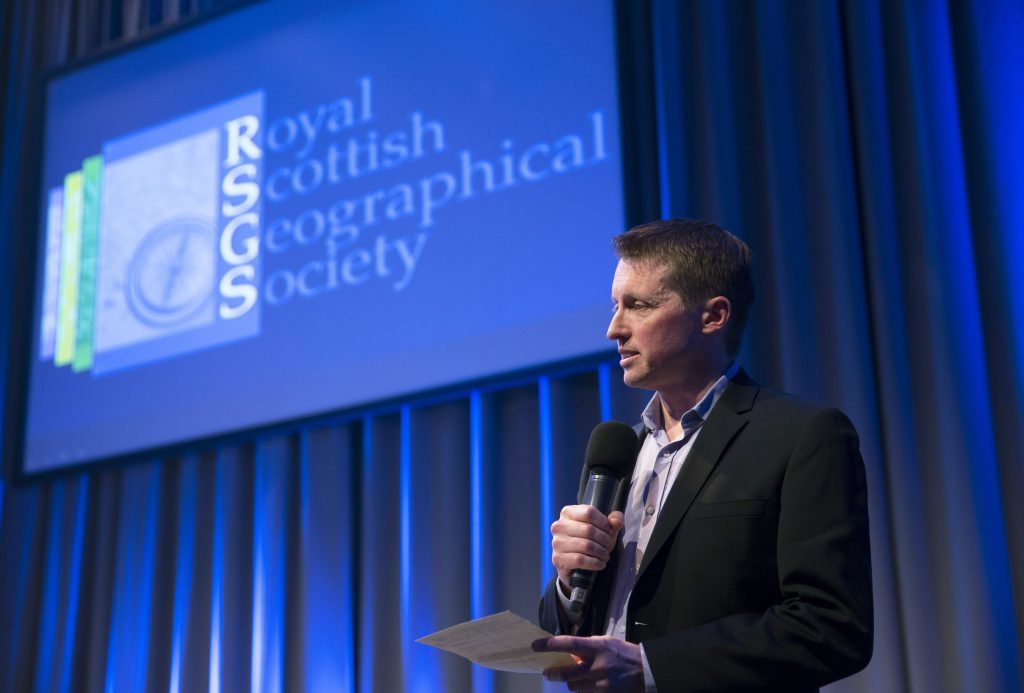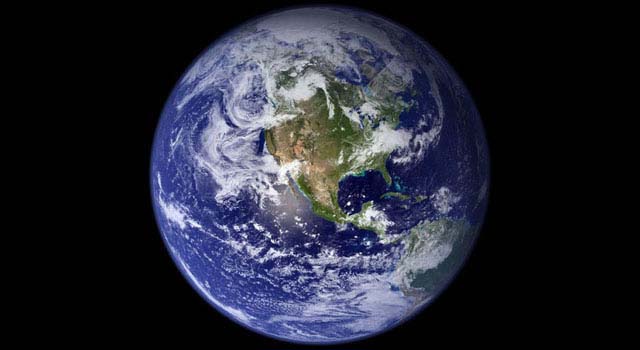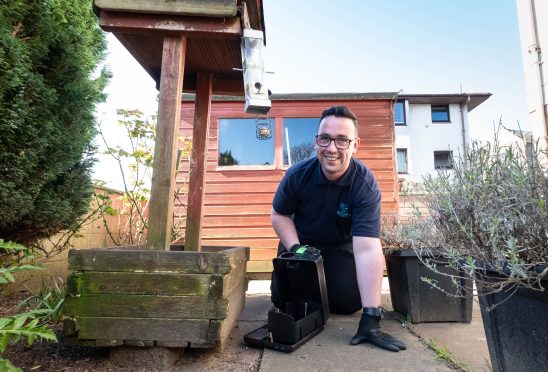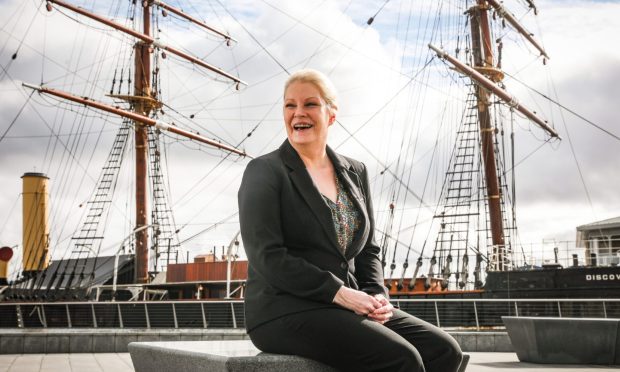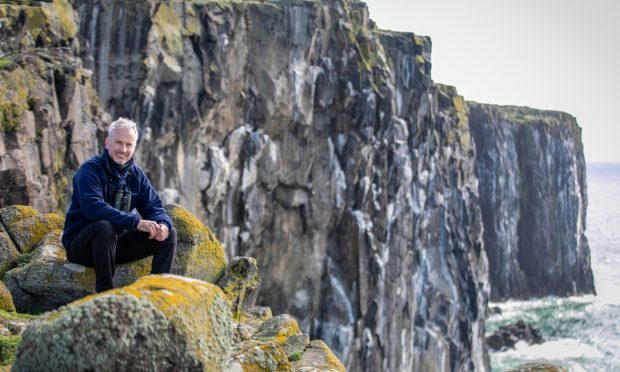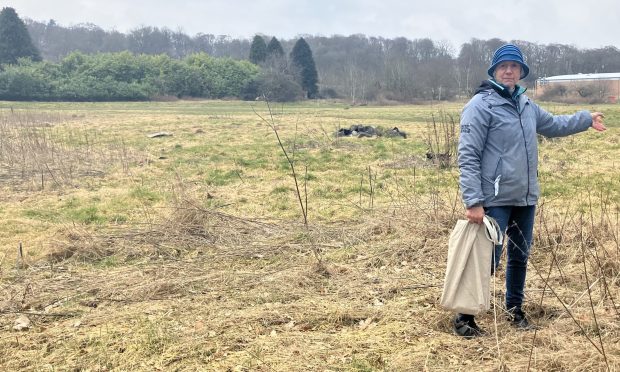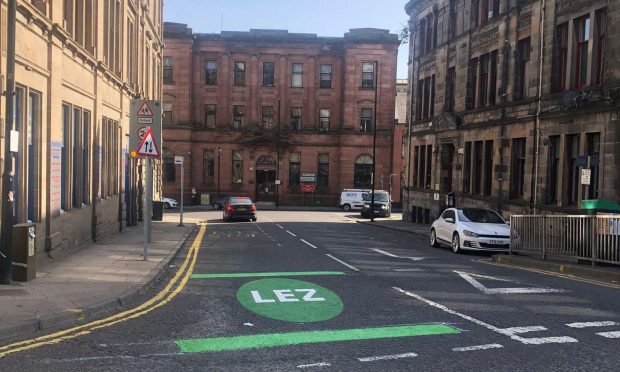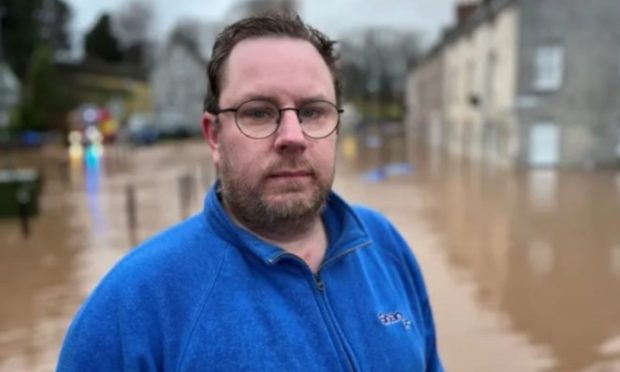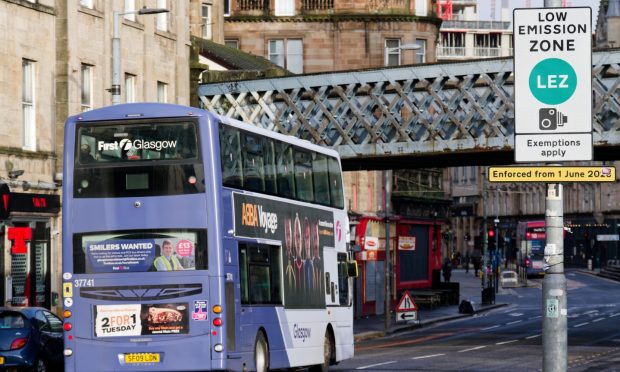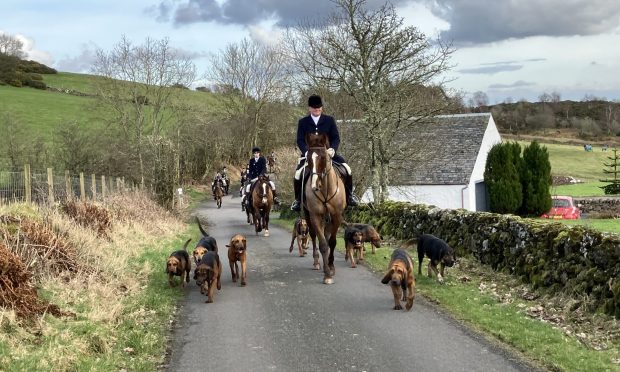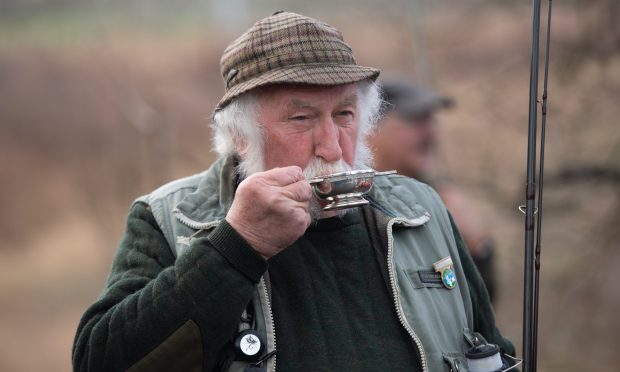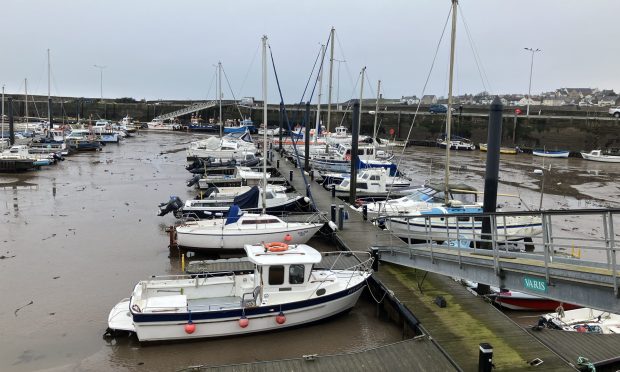Mike Robinson, chief executive of the Perth-based Royal Scottish Geographic Society, tells Michael Alexander why 2020 is a ‘significant year for sustainability’.
As co-founder and chair of Stop Climate Chaos Scotland – the largest cross-sectoral, cross-party pressure group ever formed in Scotland – the chief executive of the Perth-based Royal Scottish Geographical Society Mike Robinson played a significant role in shaping Scotland’s ambitious 2009 Climate Change Act.
But after a year that has seen awareness of environmental and climate change issues grow like never before, he believes Scotland can remain at the forefront of a green revolution in the decades ahead.
“Although it is not widely recognised domestically, the UK has been a global leader in expressing concern for climate change since 2008,” said Mr Robinson.
“This was most recently evidenced by Westminster being first in the world to declare a climate emergency.
“And with the 2009 Climate Change Act, the Scottish Climate Justice Fund, and the 2019 Climate Change Act here in Scotland which almost all political parties voted for a ‘net zero’ emissions target of 2045, we can justifiably claim to be leaders within the UK – and therefore the world.”
In 2009, the Scottish Parliament set a target in Scotland to deliver a 42% reduction in emissions by 2020 which at the time was considered ‘impossible’.
In 2020, however, we are likely to see a 56% reduction achieved.
“On this simplistic basis, Scotland has a great deal to be proud of,” he said.
“But we still need to take more action, find ways to share and project that leadership, and encourage other nations to do similarly.”
Mr Robinson said the coming UN Climate COP in Glasgow in 2020 will be a great opportunity to do just that, as the world’s politicians and media descend on Scotland in November for another round of international negotiations.
“If we want this global issue to begin to be addressed more universally, it is vital we inspire and encourage others, and promote this,” he continued.
“However, as with so many things, this is not the whole story. Whilst we have achieved a good deal of success in terms of ‘production’ emissions, our consumption emissions have not declined by the same amount – so some of our domestic success has been achieved by relying on imported higher-carbon goods. To be credible, our total emissions (production and consumption based) need to fall equally, otherwise we are simply exporting the problem.
“If we are to achieve the new ‘net zero’ targets it will require every sector of society to participate and deliver change. Government cannot do it on their own. They don’t have all the levers.
“Some are held by the EU, some by Westminster, some by local authorities, and others by each and every organisation and individual through the decisions we make.
“In Scotland, we have a detailed Climate Change Delivery Plan which sets out how to get some way to the targets. Whilst it only partially meets the new targets, and is a bit vague in places, not enough people understand it yet or are helping deliver action.”
Mr Robinson said that to truly deliver against targets, there’s a need for a more universal understanding of how to cut emissions and a more concerted effort to do so from every sector of society.
Inevitably, he said, to ensure this is done and quickly, it will require funding.
“According to the 2006 Stern Review and reasserted by the 2019 UKCCC Net Zero report, it is likely to cost 2% of GDP to deliver the necessary change,” he said.
“So somehow, in Scotland, we need to find £3.5bn per year to fund change. If we don’t do this now, the same reports say it will cost 20-25% of GDP (£35bn-£44bn per year at 2019 levels) in the next two decades to protect us from its impacts.
“To help finance change, should we create a renewables wealth fund, mirroring the Norwegian oil wealth fund which Norway built up so effectively over the past 25 years? Do we need a regular flier tax? Or wide-scale carbon pricing? After all, until we start to reflect the cost of carbon dioxide and other greenhouse gas emissions, they remain invisible on the balance sheet and can easily be ignored.”
Mr Robinson said in the UK, and particularly in Scotland, great strides have been made in integrating climate change into national policy – and whilst this should be celebrated internationally, there is still a great deal to do.
“RSGS has played a positive role in establishing and informing these policy commitments,” he continued.
“We also have an important role in helping share Scotland’s example more globally, meeting with key national and international connections including states-people, scientists and inspiring voices.
“But perhaps the most critical next contribution we can make in Scotland is reflected in the third priority for action under Sustainable Development Goal 13: the need to increase awareness, universal education, and the capacity of people and organisations to understand and tackle this.
“That is why we have been working with the Universities of Stirling and Edinburgh, the Institute of Directors, and the Scottish Government to develop an innovative training programme – Climate Solutions – targeted particularly at middle and senior managers in the public, private and voluntary sectors.
“Through online modules and a one-day workshop, it will help raise awareness, broaden understanding of solutions, and accelerate adoption of lower-carbon behaviours and activity.
“And it will help business and public bodies plan how to play their part in solving the climate emergency. Climate Solutions will be rolled out early in 2020, and we are inviting interested individuals to get in touch to find out more information.
“2019 saw a huge increase in awareness and concern about climate change, but with Glasgow playing host to the UN and the world’s governments next November, this is only likely to become even higher profile during 2020.”
